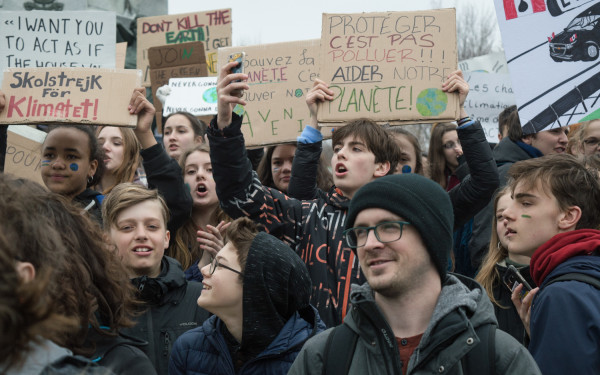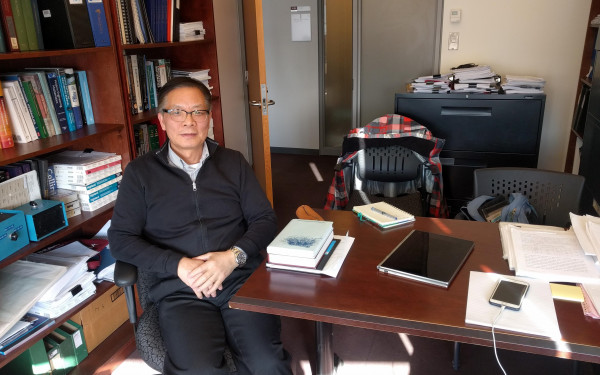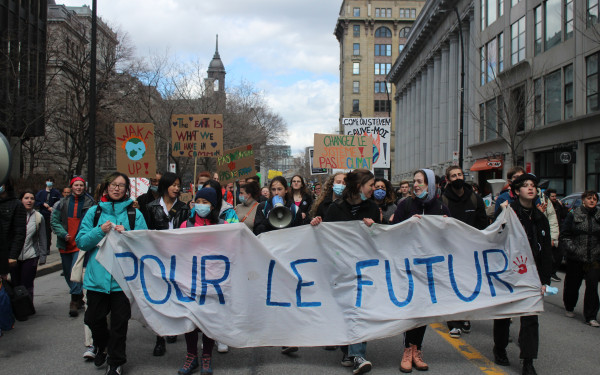Editorial: In the Face of Climate Nihilism, What Can One Do to Not Lose All Hope?
Each and every one of us will one day eventually die.
This undeniable fact is known—yet rarely openly spoken about—and often put to the back of our minds for the sake of mental health.
The same can be said about the climate crisis and the inevitable downfall that our excessive way of living is bringing upon us. Our extreme red meat consumption, car usage, food waste and oil spillings, are just a few examples.
Since we have realized the extent of our responsibility for the planet’s climate disruption, our self-awareness may have evolved, but our actions haven’t—at least for the vast majority of the population.
Indeed, our society of consumption isn’t as well looked upon as it was in the last century. However, the economy keeps growing along with globalization. No one is truly reconsidering our way of living; promises of carbon neutrality are being made by governments and large corporations with goals as far as 2050, as to absolve themselves of their ecological responsibilities until it’s too late.
But why would we, as a species, and fully aware that we are sprinting to our own destruction, not want to turn back while we still can? Is it selfishness towards future generations, is it cowardness, is it the fear of shaking up our comfortable lifestyles?
Facing the truth comes with deep sorrow: science says we’re doomed and we knowingly choose to ignore it. A recent major report by the Intergovernmental Panel on Climate Change identified nine irreversible impacts, tipping elements which affect the Earth and threaten the existence of all species, including human beings.
If we were to economically “grow green”, as planned by the 2016 Paris agreement, and reach 1.5°C to 2°C of global warming, six critical tipping points became likely to happen (with four more possible).
On our current trajectory however, we will reach 2.5°C by the deadline given by the agreement. This would indubitably trigger a cascading series of irreversible events, forever changing the face of the planet we call home.
Massive fires, hurricanes, flash floods, extreme heat waves are already on the increase, occurring more and more at such a fast pace that it hasn’t gone unnoticed by the news cycle.
There will arrive a time when governments cannot financially help everyone recover from damages. Where the global supply chain will be disrupted by natural disasters and shatter the economy. Where entire pieces of land become uninhabitable leaving hundreds of thousands without a home, without a country and without a place to live. This is all highly likely to happen within our lifetime.
All the best scientists on Earth point to those conclusions. Yet, we still get up in the morning and work nine-to-five, contract decade-long debts to attend school or buy a house, bear children into a world we know for a fact is on the verge of collapse.
Climate nihilism is the defining feature of our current approach to climate change. Scared to put back into question the capitalist system as a whole, companies, governments and individuals hide behind emission targets, green growth and sustainable developments.
As new reports come out, we are reminded of the urgency of the climate crisis. Everyone will eventually die, but if the world we were to die in is forever different from the one we were born into, what does that make us?
It’s time to at least admit we have given up on saving our beloved planet for the sake of our own destructive habits.


_600_832_s.png)




